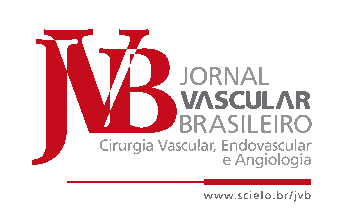BACKGROUND: Hemodialysis access fistula may involve creation of a tunnel for the accommodation of autologous vein or synthetic graft. The route and extent depend on the location of the anastomosis and fistula body.Currently, the tunnelers used are rigid metallic cylindrical structures. Various sizes and conformations may be necessary. OBJECTIVE: Testing the use of a mini universal moldable tunnel maker in hemodialysis access fistula surgical creation. METHODS: This is a pilot study. The tunneler developed consists of a cylindrical structure composed of stainless steel wire with a handle at the proximal end and dual interchangeable conical tip at the distal end. It is covered with a cylindrical sheath of polyethylene. Its technical surgical application and complications were studied during ten hemodialysis fistula creation. RESULTS: Characteristics of flexibility and conformability made possible the same mini tunnel maker to be used in various types of fistulas performed. The tapered distal tip with double diameter, interchangeable head, allowed the same apparatus to be used in autogenos and graft fistulas surgical creation. CONCLUSION: The same mini malleable tunneler was used in all fistulas, regardless of the site of anastomosis and type of fistula performed without complications and with excellent patency rate.
fistula; renal dialysis; surgery




